Afterpay kicks off Google Pay, Apple Pay
The red-hot Australian company is increasing its endeavours to take a major stake in the US buy now, pay later market.
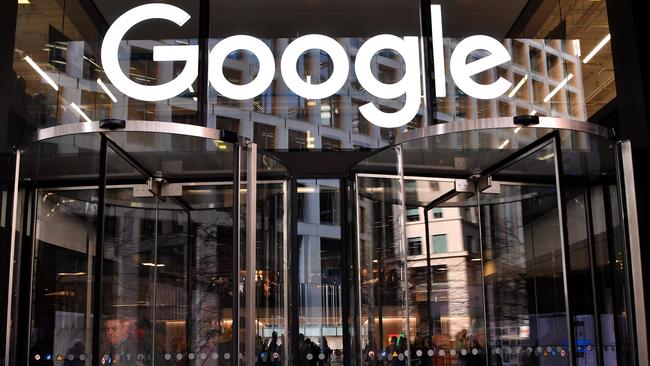
Welcome to The Download, The Australian’s technology blog for the latest breaking tech news.
3.40pm: Afterpay launches Google Pay, Apple Pay
Afterpay is increasing its endeavours to take a major stake in the US buy now, pay later market by offering shoppers the ability to pay in-store using Apple Pay and Google Pay.
In a statement to the ASX on Wednesday morning, the Australian tech darling announced its US division had partnered with both major digital payment platforms, which will allow customers to use the payment platform within physical retail stores.
The exclusive partnership is the first type of arrangement between a buy now, pay later provider and the major tech giants’ digital payment platforms within the North American market.
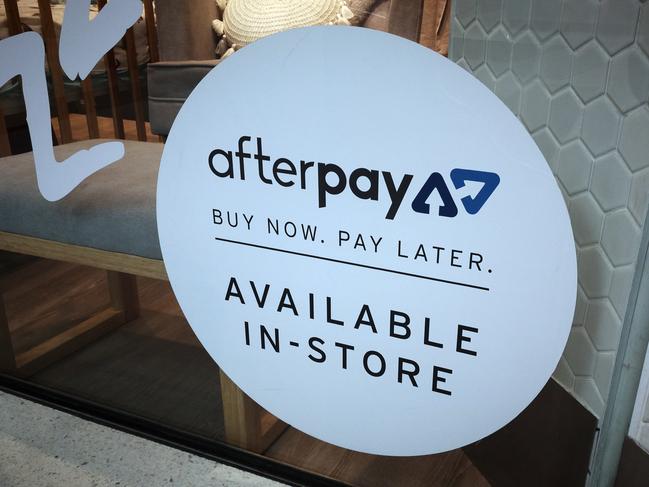
Digital laybuy transactions have predominantly only been available via online shopping channels.
Afterpay US chief executive Nick Molnar said the partnership was “critical” to the company’s North American expansion plan, especially as retail trading starts to improve following the COVID-19 pandemic.
“Afterpay and Google Pay give shoppers the ability to choose either physical or online shopping while still being able to budget their own money and avoid expensive loans, interest and fees — which has shown to attract new customers and drive more sales conversion for our retail partners,” Mr Molnar said.
NCA NewsWire
David Swan 2.30pm: Life360 launches pandemic response
Shares in ASX-listed safety and co-ordination service provider Life360 are up nearly 7 per cent after the company launched its new family membership, including a service to help with the pandemic response.
The San Francisco-based company, which was one of Australia‘s hottest tech IPOs of 2019, said the services were designed to help protect families from everyday risks and include things like roadside assistance, crash detection, identity theft protection and an SOS help alert linked to live emergency dispatchers.
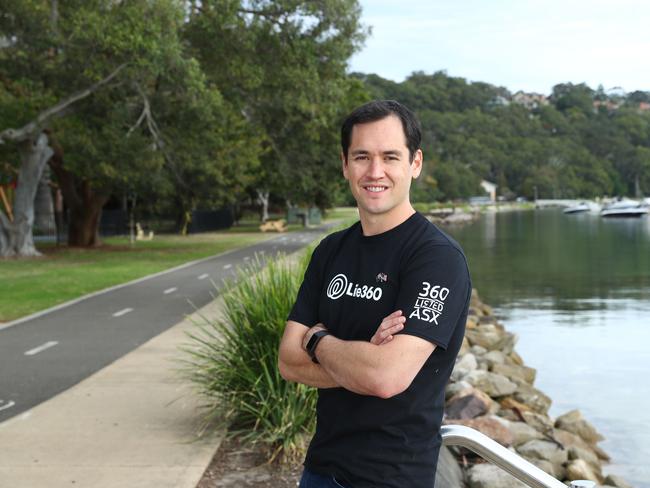
“As we adjust to a new normal after a series of unprecedented events that have put a spotlight on safety, we are proud to equip families with a variety of trustworthy safety services that save time and money. We’ve gathered multiple, very powerful tools into one simple-to-use app for a fraction of the cost,“ Life360 chief executive Chris Hulls said.
“When I founded Life360 more than a decade ago, we focused on helping families manage and coordinate their hectic lives. But, as the world evolved with more safety concerns and a stronger digital presence, we saw the need to expand our services. The Life360 Membership launch is a huge step toward our vision of redefining how safety is delivered to families around the world.”
The membership is initially launching in the US. with plans to eventually roll it out to Australia.
Shares in Life360 are up 6.92 per cent to $2.78, giving the company a valuation of about $411m.
11:15am: Can Netflix stay one of Wall Street‘s favorite pandemic stocks? Results due Thursday
Netflix will tell investors on Thursday how home-bound audiences and a lack of live sports have boosted its membership rolls even as streaming competition rises to unprecedented levels.
Shares of the online video pioneer, trading close to an all-time high at $US517.94 on Tuesday, have jumped more than 73pc since mid-March when much of the world was urged to stay home to help slow the spread of the novel coronavirus. During the same time, the S&P 500 has gained 32.7pc.
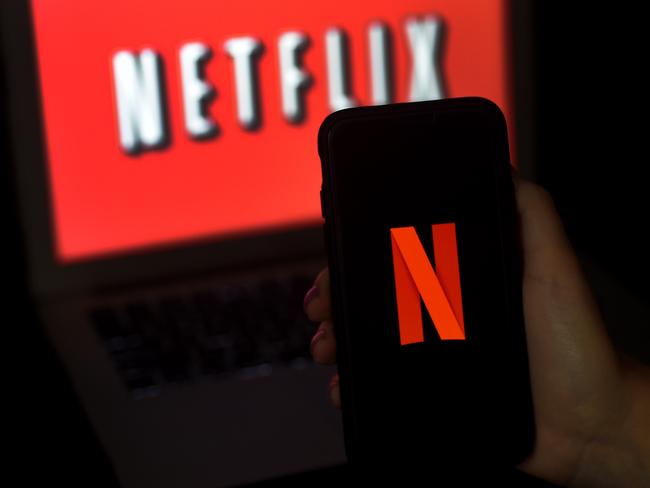
In April, Netflix wowed Wall Street by reporting twice the number of expected signups for the first quarter, bringing its worldwide total to 182.9 million customers. The company tried to lower expectations by stressing that the pandemic-related boost likely would fade later.
Industry analysts still expect robust growth for April through June. The average forecast for new paying customers is 8.1 million globally, according to IBES data from Refinitiv.
Netflix has forecast 7.5 million customers for the period, which included the release of “Space Force,” “Too Hot to Handle,” a Jerry Seinfeld comedy special and a new season of “Money Heist.”
At the same time, movie theaters were closed and major sports leagues canceled live competitions.
Consumers did, however, have several streaming options. Walt Disney Co’s Disney+ came online in November, and AT&T Inc launched HBO Max in May.
Netflix boosters believe any pandemic lift will help cement the company’s long-term position.
“Investment in high-quality episodic content across all genres and films likely ensures the top spot in the living room over time,” Cowen & Co analyst John Blackledge wrote in a research note.
One challenge, however, is that the coronavirus has halted many film and TV productions. Investors will look for an update from April, when Netflix said it had enough programming for 2020 and part of 2021.
Twenty-eight analysts rate Netflix “buy” or “strong buy,” while 10 say “hold” and five recommend selling the stock.
Reuters
11:00am: CSIRO looks to new centre in western Sydney
CSIRO has entered into discussions with the NSW Government to relocate up to 450 employees and researchers into new Western Sydney Aerotropolis, from 2026.
A carbon-neutral CSIRO facility of up to 18,000 square metres would be built, featuring collaborative workshops and modern, flexible laboratories to support the delivery of cutting-edge science and technology.
CSIRO in a statement says the facility would be central to the Aerotropolis Advanced Manufacturing and Research Precinct, which will bring together research institutes and commercial organisations across advanced manufacturing, quantum technologies, aerospace, defence and agribusiness.
NSW Premier Gladys Berejiklian says Aerotropolis will be a new focal point for Australian innovation, research and productivity, making it the perfect home for Australia’s national science agency. “CSIRO is a national icon and would set the tone for the Aerotropolis as an innovation hub which will drive the creation of more than 200,000 jobs across the Western Parkland City.”
Richard Ferguson 10.02am: App being used extensively in Victoria: PM
Scott Morrison says the controversial COVIDSafe contact tracing app is being used to track down potentially positive people in 300 coronavirus investigations in Victoria alone.
The app has been derided by Labor after state health officers said the app has not been the primary tool in tracing COVID-19 cases since it was launched.
The Prime Minister said the app was now being used extensively to help quell the Melbourne outbreak and was “doing its job.”
Australian Medical Association President Tony Bartone says the benefit of the COVIDSafe app will be seen and Australians should continue to download it.
“It is working. I know some are taking potshots at this (app) but that’s just politics,” he told Melbourne’s Triple M radio.
“I know some 300 cases are being supported through tracing of the app in Victoria.
“It’s supposed to work in combination with the physical tracing done by the contact officers. The two go together.
“Technically, it’s working fine and (working on) 300 cases. It’s doing its job.”
READ MORE: Cut & Paste — Slip, slop app
Chris Griffith. 9.40am: Google launches Play Pass in Australia
Google says it is locally launching its Play Pass subscription service which gives users access to hundreds of apps and games.
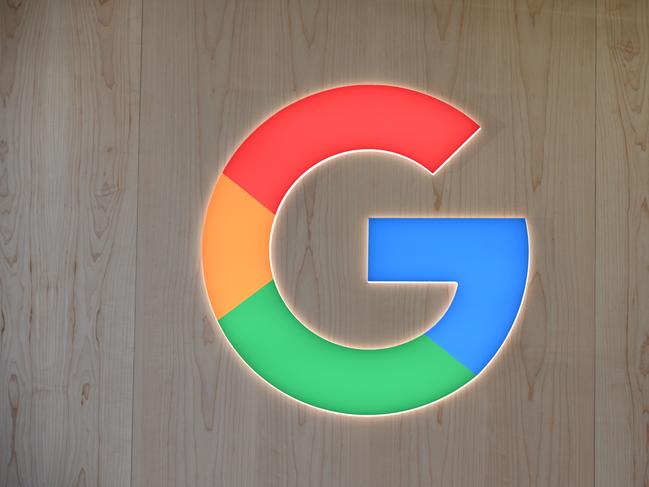
Instead of paying outright for apps using the Google Play store, users pay a monthly fee for blanket access to the collection. Google says there will be no ads, in-app purchases and upfront payments.
Content not only includes games such as Stardew Valley, Terraria, Monument Valley, and Star Wars: Knights of the Old Republic, but also software like Photo Studio Pro. The service already operates in the US but now is being expanded to Australia, Canada, France, Germany, Ireland, Italy, New Zealand, Spain, and the UK this week.
The cost is $7.99 per month or $49.99 per year.
9.35am: FinTech announces corporate partners
FinTech Australia has announced Amazon Web Services and Visa as corporate partners for the organisation.
In addition to supporting major FinTech Australia activities and events, the partnership program helps embed these companies within the fintech ecosystem and networks them with its key players, FinTech Australia says.
It’s current corporate partners include: Bank of Queensland, NAB, EY and BDO.
“Our fintech ecosystem is built on the back of partnerships,” says Rebecca Schot-Guppy, general manager of FinTech Australia.
“Not only does our corporate partner program help FinTech Australia run a robust support program for the sector, but it builds strong relationships between fintechs and major companies that can lead to partnerships and other business endeavours.”
9.30am: TikTok braces for scrutiny in Australia
TikTok, the embattled short-video app run by Chinese technology giant Bytedance Ltd., has written to Australian politicians to assure them about the safety of user data and its independence, as concerns about the app’s Chinese ties grow.
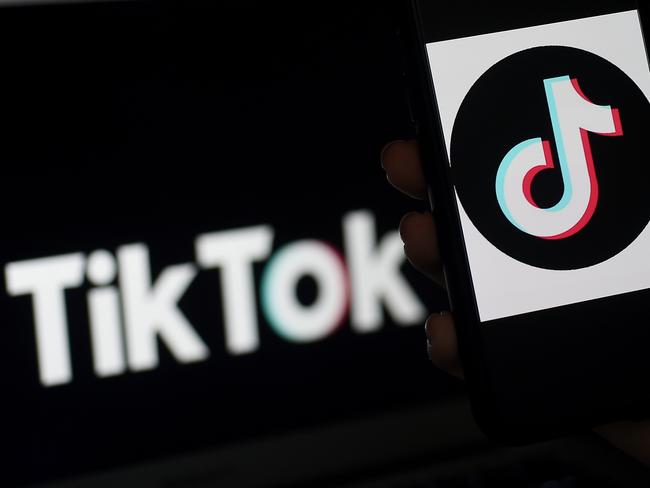
Seeking to allay worries about state interference on the app, Lee Hunter, TikTok’s general manager for Australia, wrote in the two-page letter emailed to lawmakers that he was seeking to correct the record on a “number of false claims” made about the app and that TikTok is “not aligned with any Government, political party or ideology”.
The app popular with teenagers for its catchy tunes and visuals has become a geopolitical flashpoint over the past month, as regulators and politicians in the U.S. and India have questioned the Chinese technology company’s data security and obligations to its home government.
TikTok has surged in popularity this year, with at least 315 million downloads in the first quarter of 2020, becoming the most downloaded app ever for a single quarter, according to mobile-data firm Sensor Tower.
In Australia, Prime Minister Scott Morrison in a July 6 radio interview urged the public to be mindful of the type of apps they sign up for and conscious of the data they are sharing on social-media apps including TikTok and Chinese messaging platform WeChat. Other Australian officials have called TikTok a possible national-security threat.
A TikTok spokeswoman echoed Mr. Hunter’s assertions in the letter, saying TikTok doesn’t share information of its Australia users with any foreign government and wouldn’t do so if asked.
Mr. Hunter, a former executive at Alphabet’s Google unit who joined TikTok earlier this year, said in the letter that Australian user data is stored in servers in Singapore and in the US and the app’s data and storage practices were consistent with or stronger than those of other global technology companies.
The Wall Street Journal


